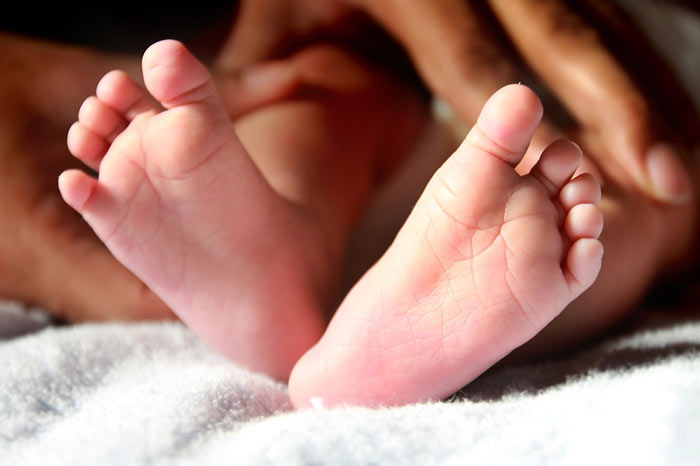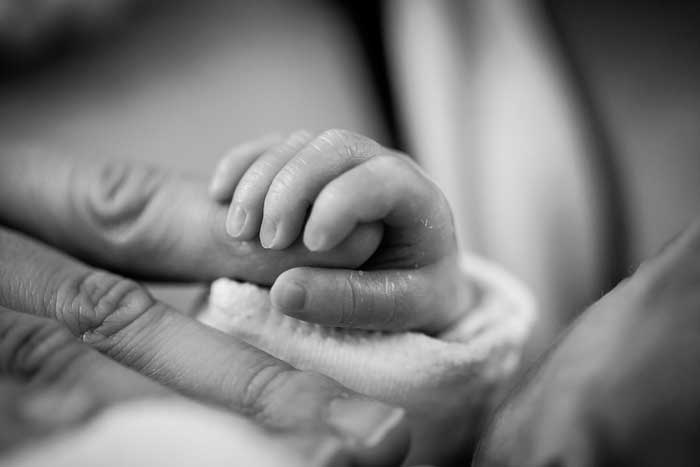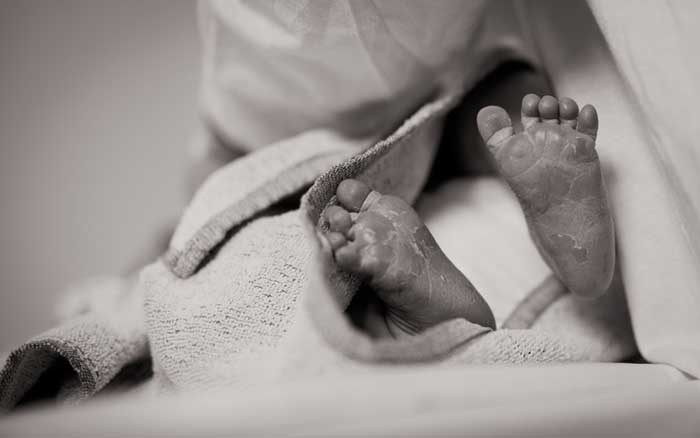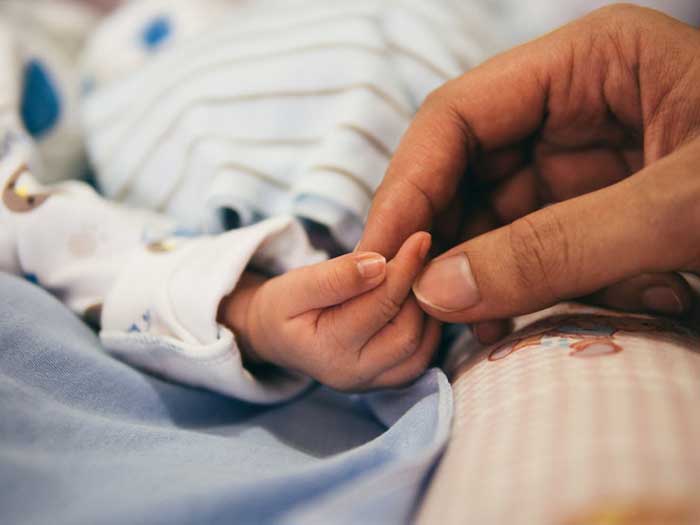Premature Baby Care Guide
You know approximately when your long-awaited child can be expected to make his entrance – after 38 weeks of growing in your belly. But if he or she comes out earlier, it’s a case of premature birth. Women who have a preemie are apt to feel that they need special care. It seems to be a natural result of a spell in the NICU, neonatal intensive care unit and giving birth to a baby under the average weight. Yet there is nothing unusual about it – every year about half a million U.S. babies are born premature. Due to developments in health care they now receive better attention and generally find themselves in a more advantageous position.
 One of the main things, in this case, is to be aware of exactly how different is a preemie from a full-term child.
One of the main things, in this case, is to be aware of exactly how different is a preemie from a full-term child.
How come the baby appeared earlier than expected?
As a rule, the reason behind premature birth is unknown; in some unfortunate cases it can occur due to the pregnant woman struggling with health issues – usually, one of the follows:
- hypertension
- diseases or malfunctions of the heart or kidney
- diabetes
- infected vaginal or urinary tracts, amniotic membranes
Factors that can prove conducive to premature births:
- a misshaped womb
- a low-lying placenta, or a placenta separated from the womb (known medically as placenta previa an placental abruption) – conditions that can also cause bleeding
- smoking, taking drugs, substances or alcohol while carrying the baby
conceiving when underweight and gaining insufficient weight before delivery - carrying not one baby but twins, or triplets, or even more
Does a preemie require special attention?
They certainly do. A baby who is under the average age and weight is likely to have health issues compared to a child born in good time. That’s why it is a common procedure to place the baby in a NICU.
Must the baby be kept warm?
Such babies often have insufficient body fat not allowing to maintain the necessary body temperature, so they should be kept warm in NICU incubators or infant warmers. The NICUs have special baby beds fitted with heaters to keep premature newborns warm; the beds are open, permitting easy monitoring of the babies.
As for the incubators, they are also beds encased in clear plastic covers; the heaters are controlled to maintain the right level of temperature. There are apertures in the sides of the plastic covers through which doctors and nurses can exercise childcare.
What kind of nutrition the baby needs?
Needless to say, the best source of nutrition is breast milk, and preemies need it even more because the proteins contained in the milk are good protection against infections. Many premature babies are unable at first to feed neither from the breast nor from the bottle. Then they are fed with pumped milk coming to the stomach through a tube inserted into the mouth or the nose.
If a mother is unable to provide milk from the breast, pasteurized human milk stored at a milk bank can be safely used for feeding.
In case breast milk (pumped breast milk) cannot be provided, the baby will be fed on formula. Both of them, milk and formula, can be enriched by fortifiers, that is extra nutrients, to provide the preemie with the necessary amount of calories.
Premature babies should be given food slowly – they are in danger of developing necrotizing enterocolitis (NEC), an intestinal condition that can become quite serious.
There are babies who were born so small and feeble that they have to be fed intravenously by the blend known as total parenteral nutrition, or TPN. It contains protein and carbohydrate nutrients, vitamins and some other ingredients.
Preemies are placed under close watch as regards their feeding, dietitians introducing changes into feeding to ensure a proper supply of all necessary nutrients.
What problems can be expected?
Preemies’ bodies are not developed enough to function as they should, so they run higher risks and are more vulnerable healthwise. It can be said that the earlier the baby appeared, the higher is the risk to have weak health.
Some of the most common problems are:
- shortage of red blood cells (anemia)
- breathing problems (respiratory distress syndrome or bronchopulmonary dysplasia)
- short-time breathing failure (apnea), when the heart rate slows down and the skin grows bluish
- a heart disease (patent ductus arteriosus)
- high levels of bilirubin caused by the process of red blood cells breaking down (hyperbilirubinemia), which can result in the skin and whites of the eyes growing yellowish (jaundice)
- a problem affecting the retina of the eye (retinopathy)
- a serious intestinal condition (necrotizing enterocolitis)
- infections transmitted to babies from their moms at any time during and after pregnancy
Anything more to be aware of?
Even after checking out of the NICU, premature babies will be requiring special care for a while yet. Their problems may be dealt with in a high-risk clinic for newborns or by employing an early intervention program. Other specialists may need to be involved – neurologists, pulmonologists, ophthalmologists, etc.
A lot of skin contact influences beneficially the baby’s heartbeat and income of oxygen, making for a better hormonal balance and ensuring quality sleep.
Among preemies who are now known all over the world are Albert Einstein, Charles Darwin, Stevie Wonder, Pablo Picasso, and Sir Winston Churchill.
Extra preemie care must include never omitting on visits to the doctor, attending all kinds of check-ups, getting all vaccines and timely examinations of sight and hearing.
What is the best coping behavior?
You must be aware that a preemie should certainly be getting more attention than a full-term baby. So you will do well to start with yourself: eat healthy foods, mind you get enough exercise and have refreshing sleep. Invite support and assistance from your relatives and friends. If you have older children, don’t deny them quality time and your attention.



